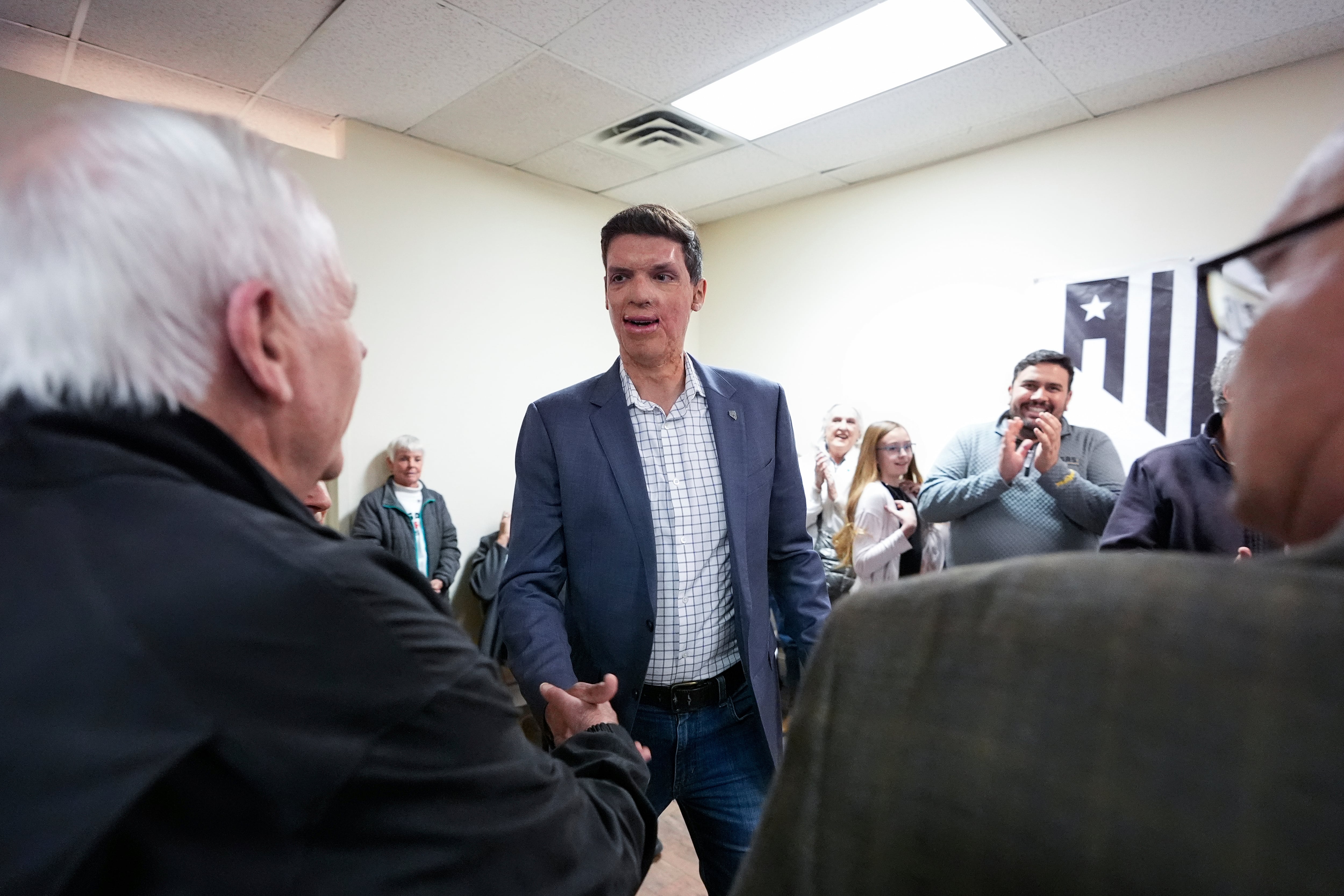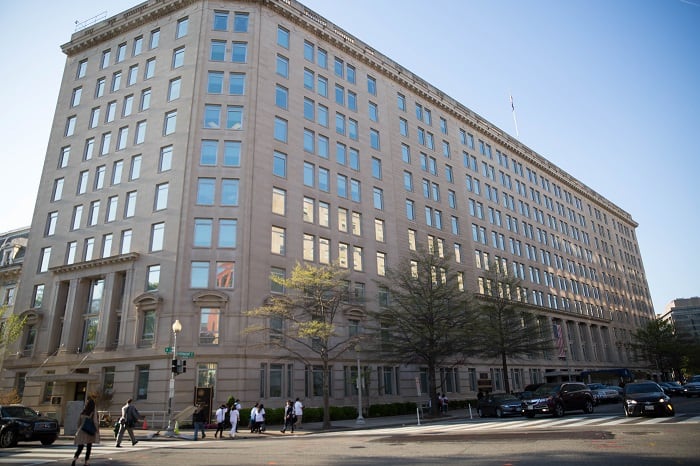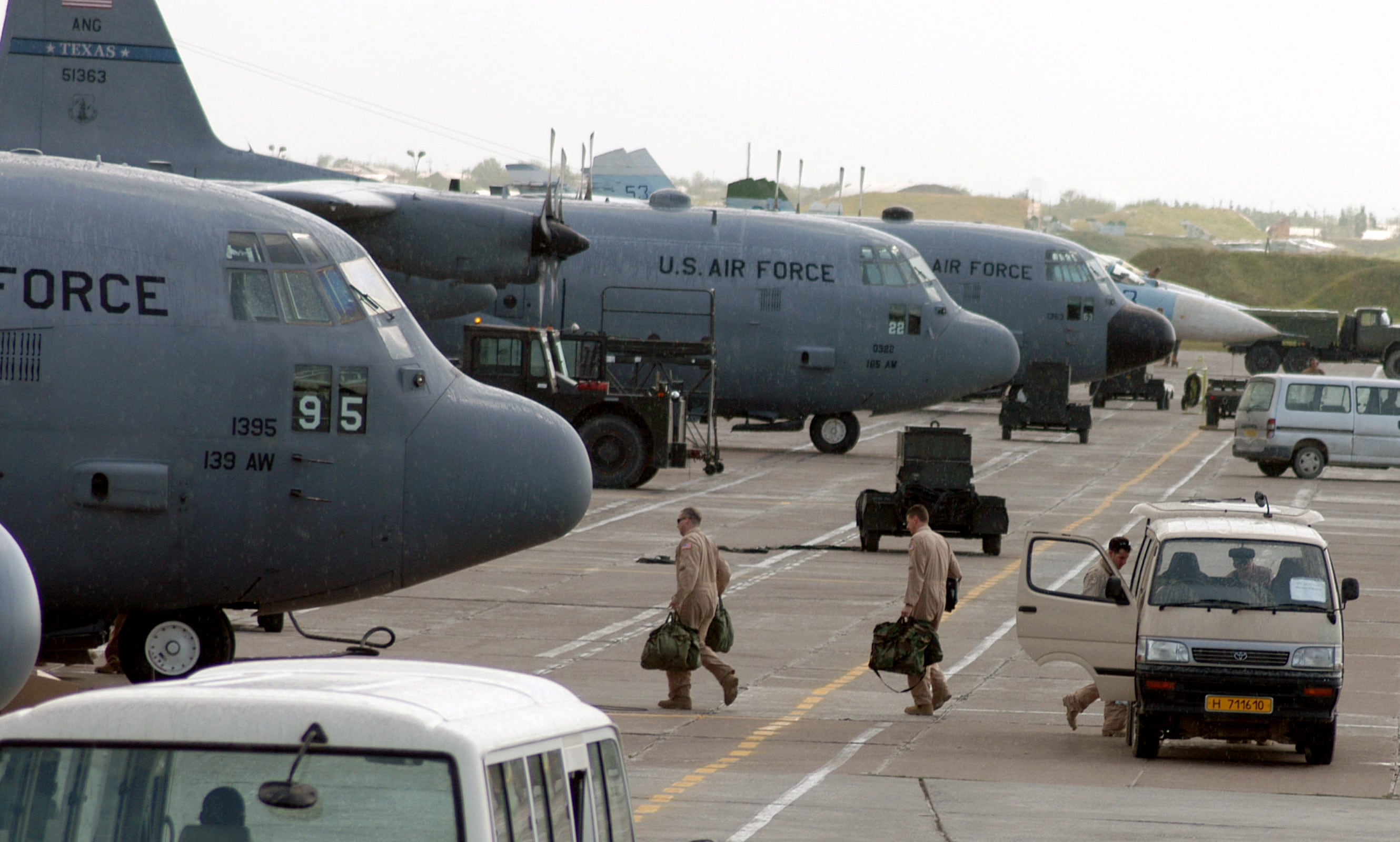BYDGOSZCZ, Poland — The upcoming NATO summit should send a message to member states that they have the responsibility to provide the first line of defense of their own countries, the alliance's top military officer said Thursday.
Gen. Petr Pavel, chairman of NATO's Military Committee, said the 28-member alliance has the "strength and the determination to cope with the challenges presented by Russia," but the first forces to respond to a crisis will always be those of the affected nation.
Members at the NATO summit July 8-9 in Warsaw will hammer out the details of the deployment of some 4,000 multinational troops in the Baltic states and in Poland in the coming months, among other measures. But those troops are not the only defense the alliance is mustering in the region, which is concerned by Russia's actions. Some observers say the number is not very high.
Russia's conflict with non-NATO member Ukraine has sent a chill through countries on the alliance's eastern flank and brought more attention to military readiness.
"Defense in line with the NATO treaty starts with the countries," Pavel said. "Article 3 is talking about the need for every country to do anything the country is possible to provide for its own defense."
"If there is crisis ... it will always be the nation who is affected to act as the first," Pavel, a four-star general in the Czech Army, told The Associated Press.
NATO's multinational forces are "secondary to respond" and "will be placed to provide much shorter reaction time, but national forces will always be the first who should respond," he said.
Pavel said he would like the summit in Poland to send the message to European members that they should "demonstrate greater responsibility for their own security and defense" and address the fact that they spend much less on defense than the U.S. does. Poland is among the few NATO members to spend the expected 2 percent of its GDP on defense. Most member nations spend significantly less.
Russia may have the advantage of quick, centralized decision-making and free movement of its troops on its own territory not far from NATO borders, but NATO's ability to act swiftly and defend its members shouldn't be underestimated, Pavel said.
The alliance represents a population of almost 1 billion people and half of the world's GDP as well as a combined military that is in many aspects superior to that of Russia. Its policy has been to stay purely defensive and moderate in measures, but at the same time remain very efficient, while stepping up defense, he said.
"I believe NATO will prevail. We are 28 and if we stay 28 and we stay committed to common values and common interests I believe that there is no force" able to overcome us, Pavel said.
He spoke after an exercise that tested the alliance's ability to coordinate their use of information technology at a Joint Force Training Center in Bydgoszcz, central Poland.





